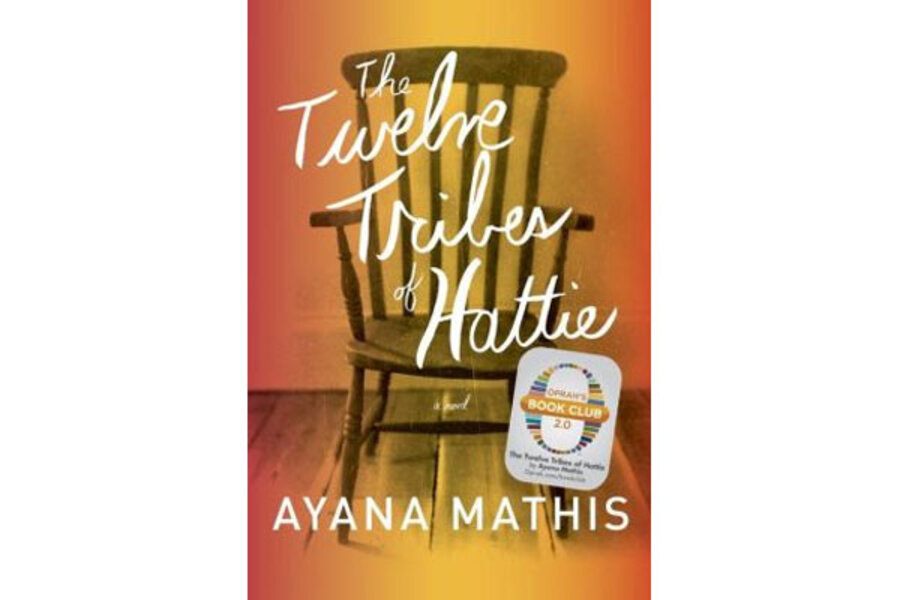Hattie Shepherd didn't set out to be a humorless matriarch.
When she got off the train in Philadelphia in the 1920s, the Georgia teenager was awed by the freedoms blacks had in the North and the possibilities seemed limitless in Ayana Mathis's accomplished debut, The Twelve Tribes of Hattie, which was chosen for Oprah's book club. For Hattie, the North really did seem like a "New Jerusalem."
But after she marries and loses her twins to pneumonia, when a few cents' worth of medicine could have saved them, Hattie grimly raises nine more children.
After grief, poverty, and a lazy, philandering husband, there's no tenderness left in Hattie Shepherd. Her kids call her The General, and her mission is to keep those kids alive – whatever life throws at them.
''Her children did not think her a kind woman – perhaps she wasn't, but there hadn't been time for sentiment when they were young. She had failed them in vital ways, but what good would it have done to spend the days hugging and kissing if there hadn't been anything to put in their bellies? They didn't understand that all the love she had was taken up with feeding them and clothing them and preparing them to meet the world. The world would not love them; the world would not be kind.''
Mathis' interlinking short stories assuredly follow each of the children through the 1940s to the 1980s: There's Floyd, a jazz trumpeter and closeted homosexual; Six, a revival priest who doesn't necessarily believe in God; Frankin, a soldier during the Vietnam War; Alice, a wealthy doctor's wife who's scarily codependent on her brother, Billups; and Bell, who tries to commit suicide after contracting tuberculosis. The final story centers on the 12th member of the General's army: Hattie's granddaughter.
Mathis never runs out of compassion for her anger-eaten heroine while she shows the ways being starved for love can twist and disfigure the members of a family.







